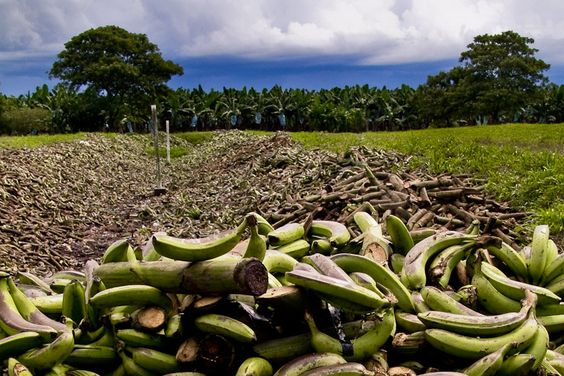
Sindh Agriculture University hosts ‘Training of trainers on organic waste management through conventional and novel composting techniques from sustainable Agriculture and healthy environment’
Tando Jam
Underlining the importance of organic waste for producing energy and other byproducts, Dr. Fateh Marri, Vice Chancellor Sindh Agriculture University (SAU) said on Saturday that 0.350 million ton banana waste is being burnt annually in Sindh.
“The banana waste can be utilized for different purposes and the SAU has started working on the technology to produce fiber and compost from it, for which farmers are also being trained.
He was addressing the closing ceremony of a training session titled “Training of trainers on organic waste management through conventional and novel composting techniques from sustainable Agriculture and healthy environment” organized for social workers of 12 districts of Sindh, hosted by SAU in collaboration with Sindh Rural Support Organization (SRSO).
 Dr. Marri said that energy and other by-products are produced from agricultural waste, crop bark and leaves by progressive countries.
Dr. Marri said that energy and other by-products are produced from agricultural waste, crop bark and leaves by progressive countries.
He said due to climate change, research on new seeds for better agricultural production has been intensified so that certified seeds are available to farmers.
Dr. Marri said that Floods in Sindh caused serious damage to agriculture, and instead of importing agricultural products from abroad, for the economic development of farmers, joint efforts should be made to restore agriculture in the backward and flood-affected areas of Sindh.
Dr. Maher-u-nisa Memon, the chairperson of the Department of Soil Science, said that the fertilizer produced from agricultural residues organic vegetables can be grown in small farms and households through kitchen gardening, the production of which can be marketed in urban and rural areas.
Advisor to the Vice Chancellor for Planning and Development Dr. Ziaul Hassan Shah said that such training programs will have a positive impact on the rural economy of Sindh.
Training Supervisor Dr. Salim Maseeh said that SRSO social mobilizers have been trained in kitchen gardening and they will train about 6 thousand families in their respective districts.
Training Coordinator of SRSO Ruquia Naz Leghari, Iftikhar Hussain Jatoi, and others also spoke. Dean of Crop Production Faculty Dr. Inayatullah Rajpar and others were also present during the ceremony .In the end Vice Chancellor Dr. Fateh Marri distributed the certificates among the trainees. (PR)
_________________
[…] Also read: Sindh burns 0.350 million ton banana waste annually […]